Soft shell disease in white leg shrimp
2.5. Some common diseases and their treatments 2.5.4. Soft shell disease in white leg shrimp * Signs:Commercial shrimp with soft shell disease often show these signs:– Shrimp with dull color,…
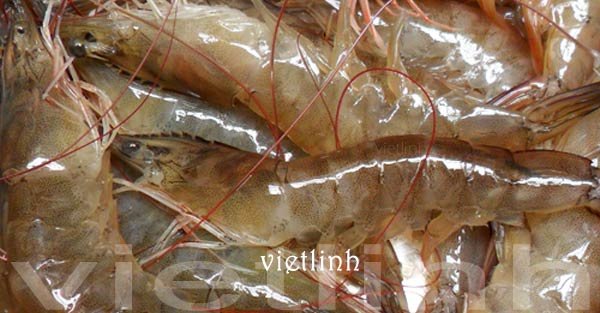
2.5. Some common diseases and their treatments 2.5.4. Soft shell disease in white leg shrimp * Signs:Commercial shrimp with soft shell disease often show these signs:– Shrimp with dull color,…
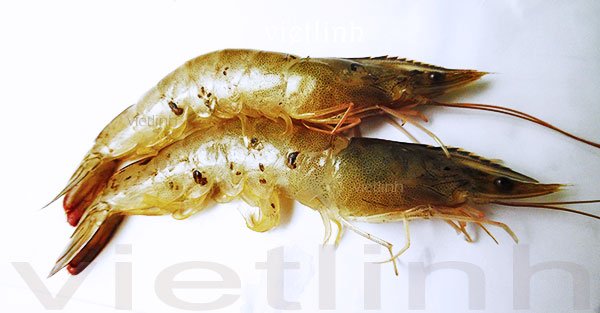
2.5. Some common diseases and treatments 2.5.3. Surface fouling diseases * Signs:– The creatures cling to shrimp legs, eyes, shell and create a black fuzzy layer in shrimp (can be…

2.5. Some common diseases and treatments 2.5.2. Diseases caused by filamentous bacteria * Signs: – Shrimp gill turns black or brown; walking legs and swimmerets turn into gray color and…
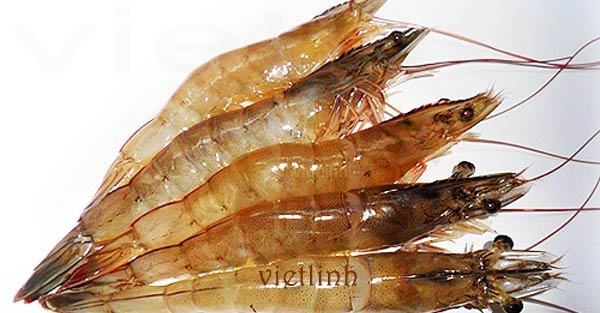
2.5. Some common diseases and treatments 2.5.1. Diseases caused by Vibrio bacteria * Signs: – Vibrio diseases, also known as Vibriosis, can cause broken antennae, black gill, rotten tail, or…
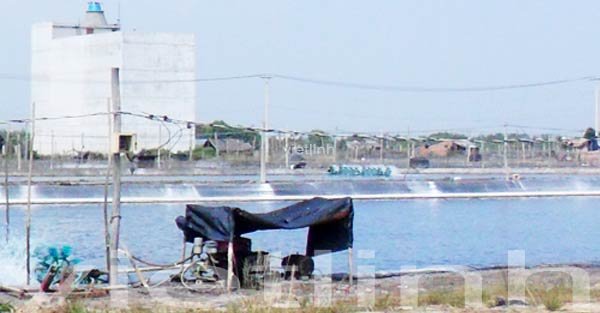
2.4. Harvest: Depending on the prices that farmers choose the harvest time appropriately to the size of shrimp. Before harvesting, molting cycle of shrimp should be monitored; limit the harvest…
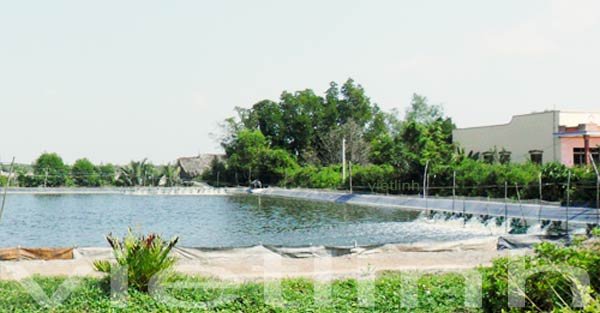
2.3.4. Pond management – Dissolved oxygen (DO), pH, turbidity should be measured daily; alkalinity and NH3 should be measure once every 3-5 days. – PH and alkalinity are two important…

2.3.3. How to adjust the amount of feed – The use of feeding tray is very important to check the amount of feed, reflect the feeding possibility, health, and survival…
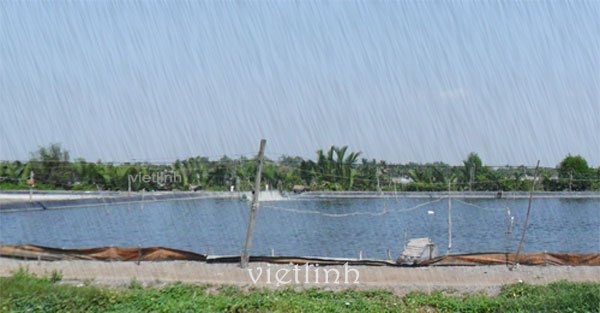
2.3. Shrimp Care and Management 2.3.1. Feeding Use industrial feed in the form of pellets produced domestically or imported for shrimp farming. Feed quality has to be ensured a total…
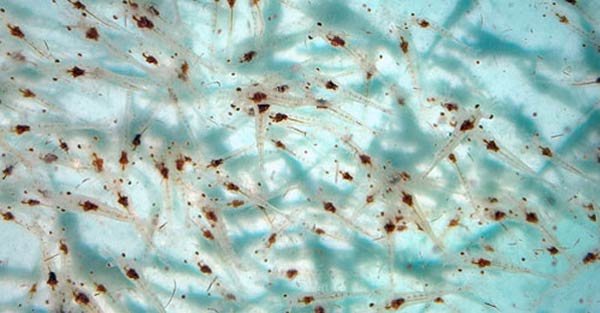
2.2. Selecting breeds and stocking 2.2.1. Selecting breeds – Origin: Choose to buy shrimp beeds from places with traceable origins; broodstock shrimp must have an assured quality in accordance with…

2.1.4. Managing water color – Create and control water color in ponds helps develop micro-plankton, stability of water environment, and creates a favorable environment to limit shocks in shrimp and…